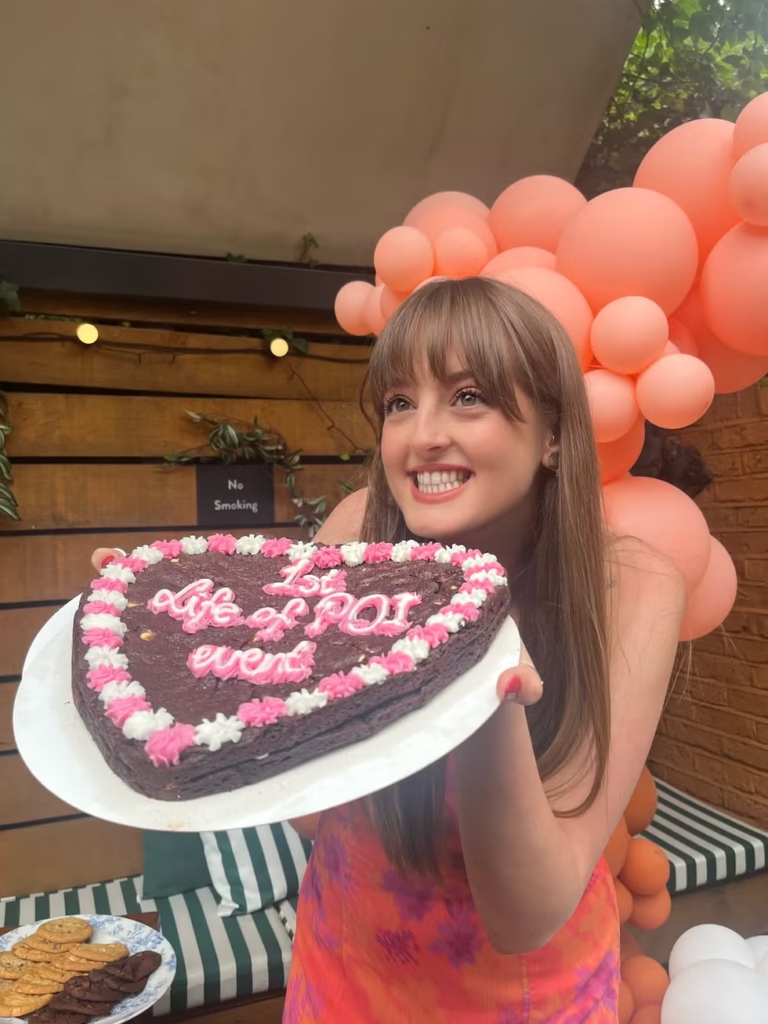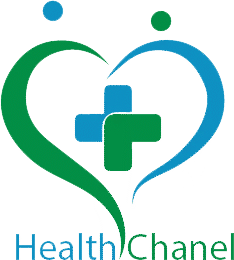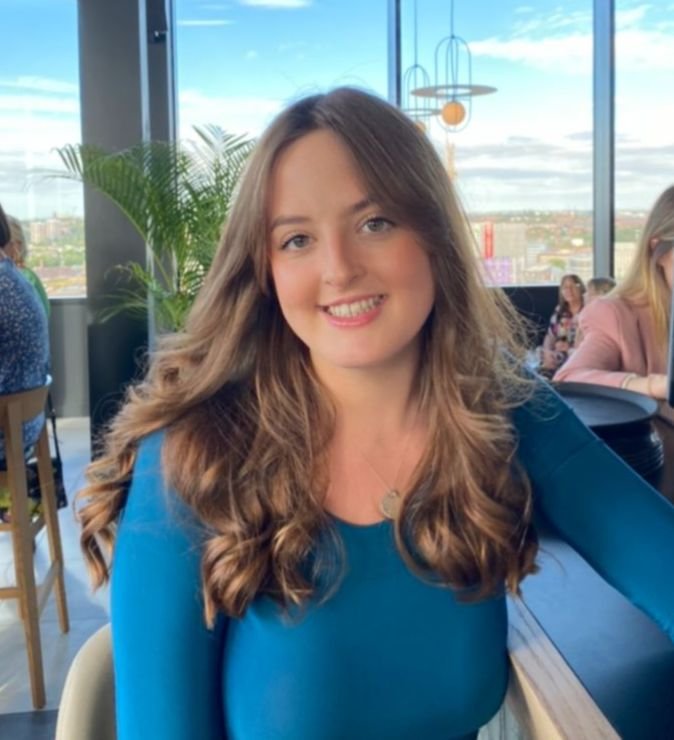By Sheree Hargraves – In Her Own Words
At 15, I was supposed to be figuring out how to style my hair for school dances or worrying about what college I might go to one day. Instead, I was trying to understand why my body wasn’t doing what every other girl’s body seemed to do so naturally. I hadn’t had my first period. I wasn’t developing like the other girls in gym class. And deep down, I knew something was wrong.
But I ignored the symptoms. For a while, so did the doctors.
That’s how I stumbled into a diagnosis I’d never even heard of, premature ovarian failure. My journey into womanhood started with menopause.
The Early Signs That Didn’t Seem Serious
Looking back now, the signs were there. I had low energy, I struggled with focus, and I felt emotionally flat a lot of the time. At school, I had trouble remembering things, which I now know was brain fog during menopause. I was missing more than just my period. I was missing the hormonal rhythm that keeps our bodies balanced during puberty.
At the time, no one suspected something like primary ovarian failure. After all, I was only 15. I didn’t fit the typical picture of premenopausal age, and no one mentioned early menopause symptoms or POI symptoms. They said I’d catch up.
But I didn’t.
Hormones Revealed the Truth
Eventually, my mom and I saw a specialist who ordered hormone testing. That’s when we found the answer. My FSH and LH levels were sky-high, levels usually seen in women going through the start of menopause. But I was still in high school. I hadn’t even bought my first bra.
The diagnosis was clear: my ovaries had stopped functioning. I had entered premature menopause — medically referred to as premature ovarian failure, also known as primary ovarian insufficiency. It was a form of early menopause, and it was permanent.
What Happens During Premature Menopause?
When you’re in menopause, your body stops producing the reproductive hormones estrogen and progesterone. This leads to symptoms like hot flashes, mood swings, vaginal dryness, and memory issues. These are things many women in their 40s or 50s expect. But when it happens to a teenager? There’s no roadmap for that.
I had to learn about things like hormones after menopause, how my hormones during menopause would affect my bone health, heart, and mental clarity. I had to ask tough questions like: Do I need estrogen after menopause? Should a woman take hormones after menopause this early in life? And most urgently, what did this mean for my fertility?

The Role of Medication in My Treatment
Thankfully, there was a path forward, one that involved hormone replacement therapy (HRT). My doctor started me on estrogen during menopause, followed by cyclic progesterone. These medications helped simulate a normal cycle, develop my secondary sexual characteristics, and protect my long-term health.
HRT wasn’t a magic fix, I still had to process the emotional weight of the diagnosis, but it gave my body the support it needed. For those wondering how to stop early menopause from causing deeper damage, HRT is often the front line of care. It doesn’t restart your ovaries, but it can replace what they’re no longer making.I also had to think about menopause and periods, how to manage side effects, and the importance of long-term follow-ups. And yes, sometimes I wondered: Does menopause ever end? For me, the physical process might be managed with hormones, but emotionally, it’s something I’ll carry for life.
Rebuilding My Life and Helping Others
As I got older, I realized there had to be more to this than just surviving. I wanted to thrive. I wanted to talk about my story openly, to help girls and women who felt lost like I once did. So I started sharing my experience online, and that’s when everything changed.
I created an Instagram page, @shereespeaksout, where I share my journey with premature ovarian failure and offer support to others navigating women’s menopause issues. It’s become a space where we talk honestly about the effects of menopause, how to manage memory and menopause, and how to find hope through treatment and connection.
Through this community, I’ve learned that I’m not alone — and neither are you.

What I Wish I Knew Sooner
If I could go back, I’d tell my 15-year-old self that she isn’t broken. That she’s still whole, still worthy, and still powerful. That her body may not work like everyone else’s, but that doesn’t mean she’s less of a woman.
If you’re experiencing irregular cycles, no periods, low energy, or unexplained brain fog, advocate for yourself. Ask your doctor about hormone testing. Learn about what happens in menopause, even if you think you’re too young for it. You’re never too young to take control of your health.

